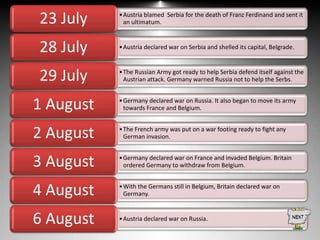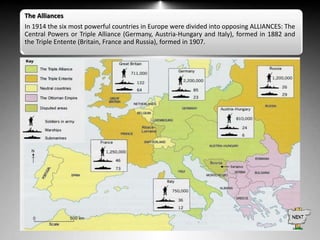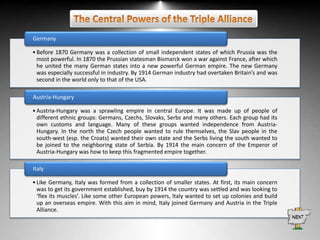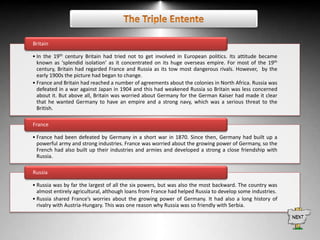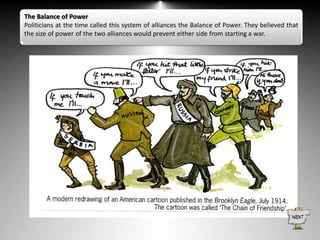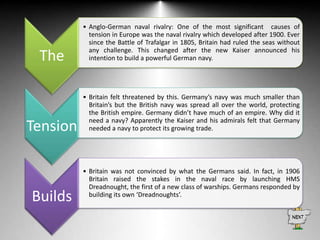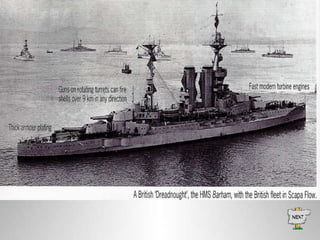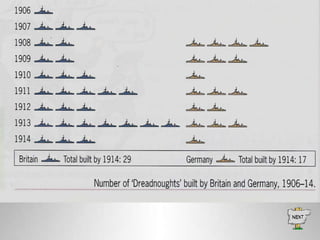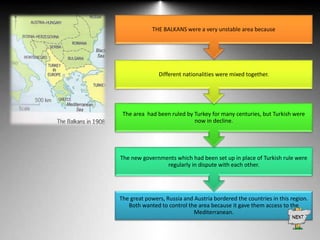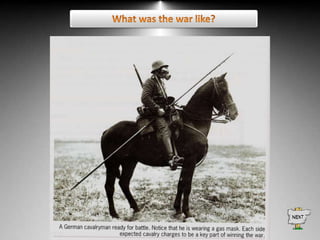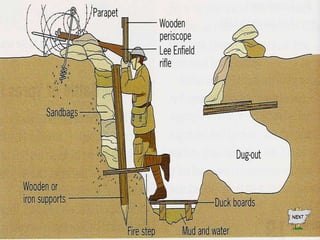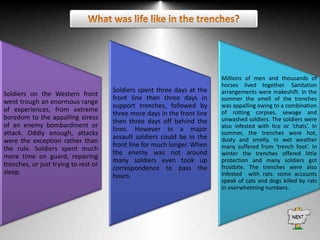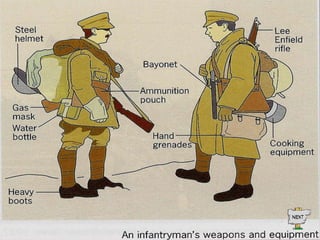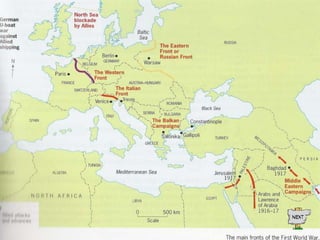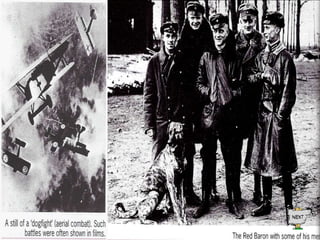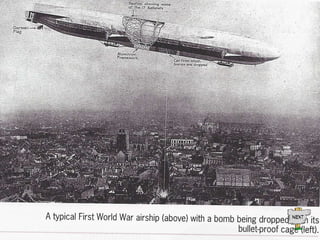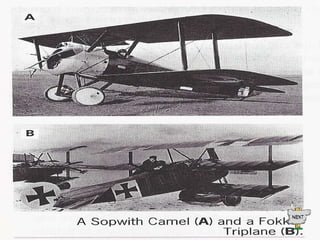On June 28, 1914 in Sarajevo, six Serbian terrorists assassinated Archduke Franz Ferdinand of Austria and his wife. One terrorist threw a bomb at the Archduke's car but missed. Later, when the Archduke's car took a wrong turn by accident, one of the terrorists shot and killed Franz Ferdinand and his wife at close range. This assassination sparked increased tensions between Serbia and Austria-Hungary and helped precipitate the start of World War I.
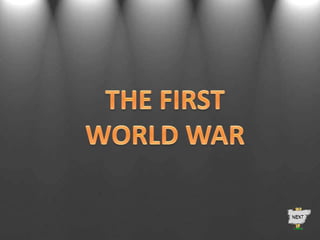
![MURDER IN
SARAJEVO
Sunday 28 June 1914 was a
bright sunny day in Sarajevo.
People were preparing for a royal
visit from Archduke Franz
Ferdinand of Austria. Crowds
lined the streets and waited for
the procession of cars to appear.
Hidden among the crowds were,
however, six teenage terrorists
sworn to kill the Archduke for
they hated both Austria and the
very Archduke […]
[…] but then as the cars passed the Cumurja Bridge,
Cabrinovic threw his bomb, swallowed his poison
and jumped into the river. The Archduke saw the
bomb coming and threw it off his car, but it exploded
under the car behind, injuring several people […] The
police dragged Cabrinovic out of the river: his
cyanide was old had not worked […]
[…]The Archduke was driven to the Town Hall, where he
demanded to be taken to visit the bomb victims in
hospitals. Fearing more terrorists, the officials decided
to take a new route to avoid the crowds […] Princip, one
the unharmed terrorists, saw the car, pulled an
automatic pistol and fired two shots at a range of just 3
or 4 metres. One bullet pierced the Archduke’s neck and
the other ricocheted off the car into his wife’s stomach.](https://image.slidesharecdn.com/wwifullversion-131015080501-phpapp01/85/WWI-2-320.jpg)
